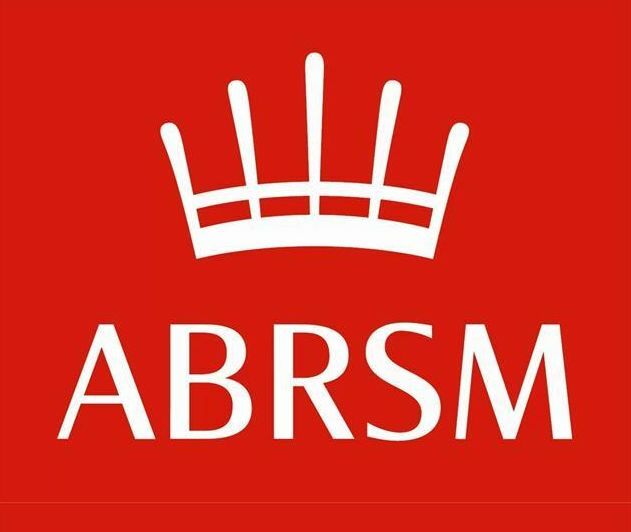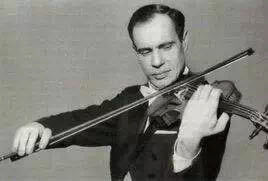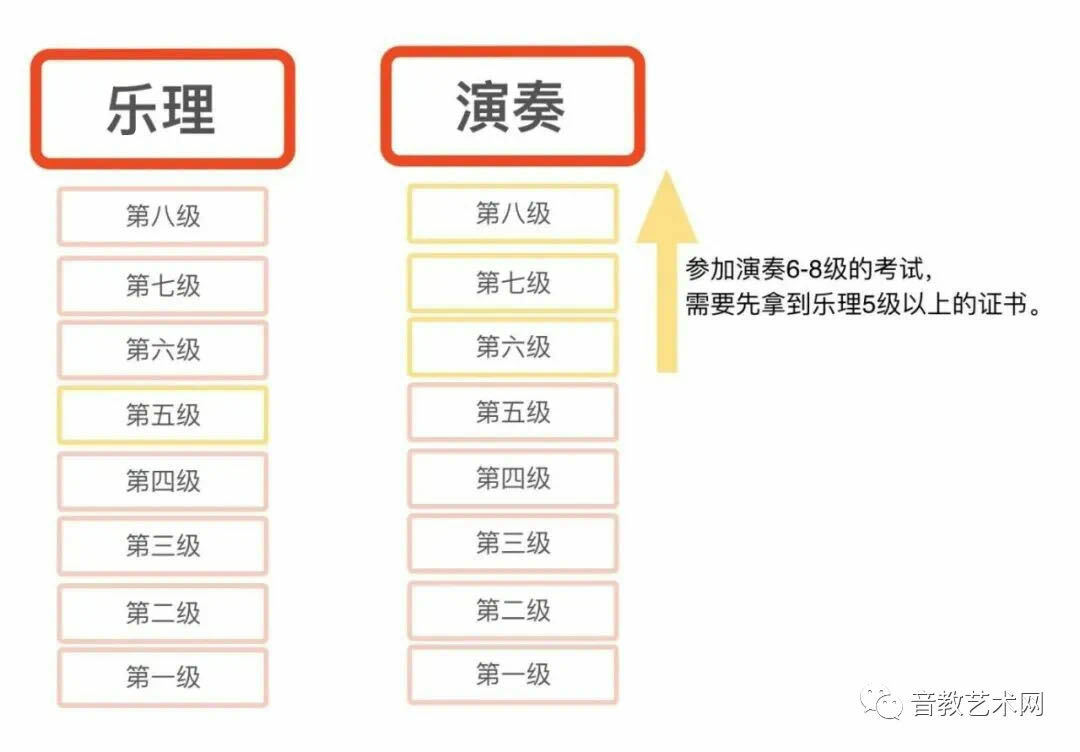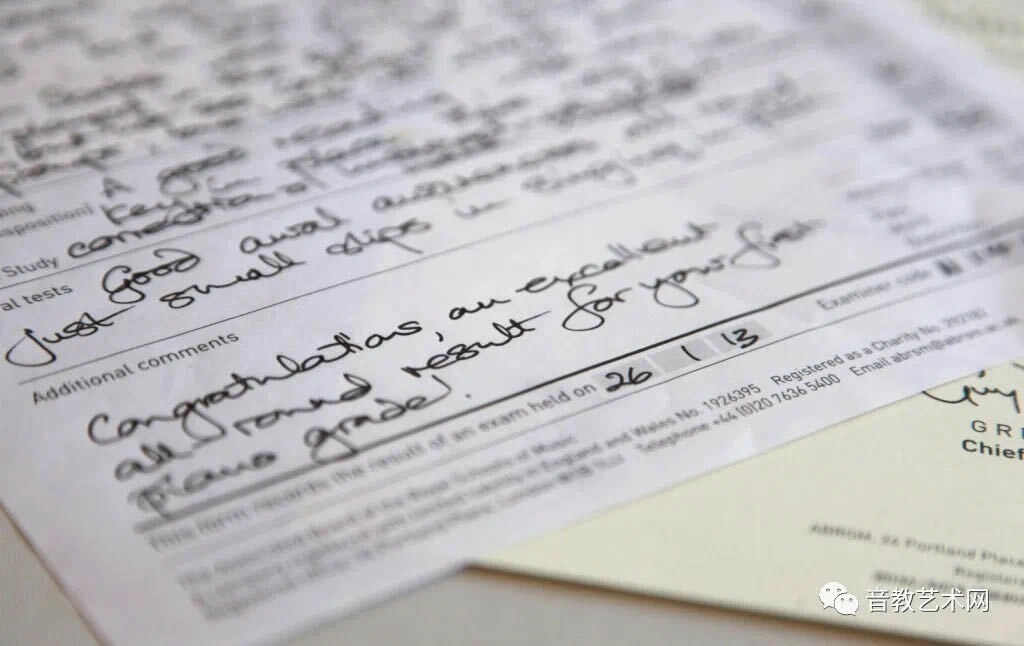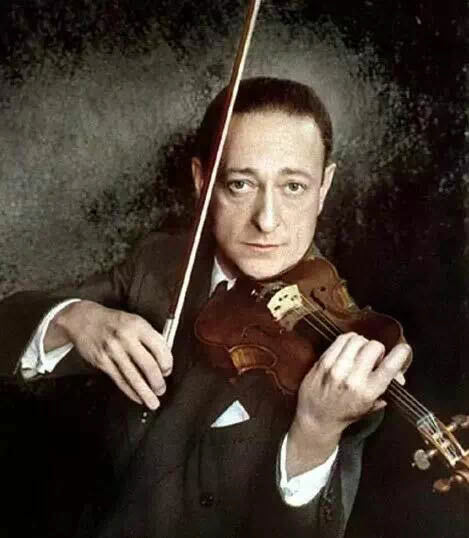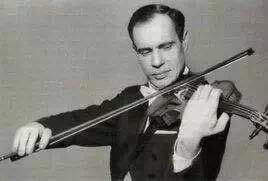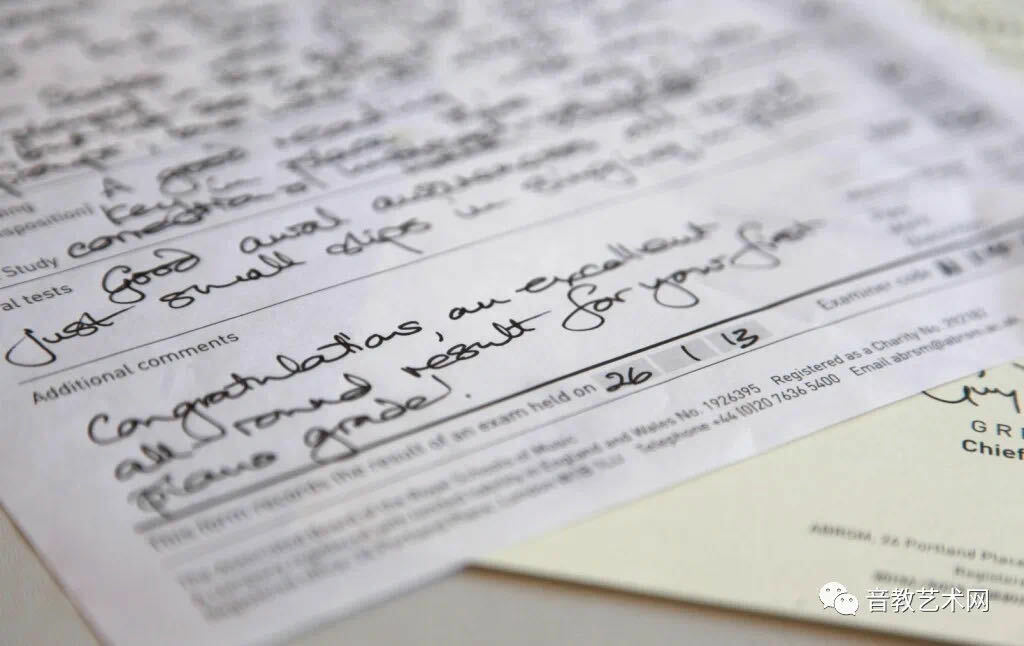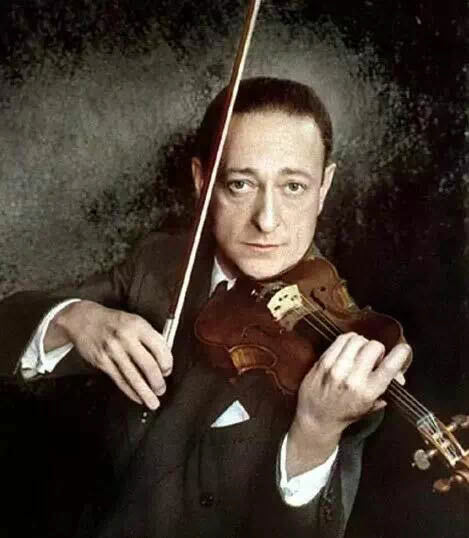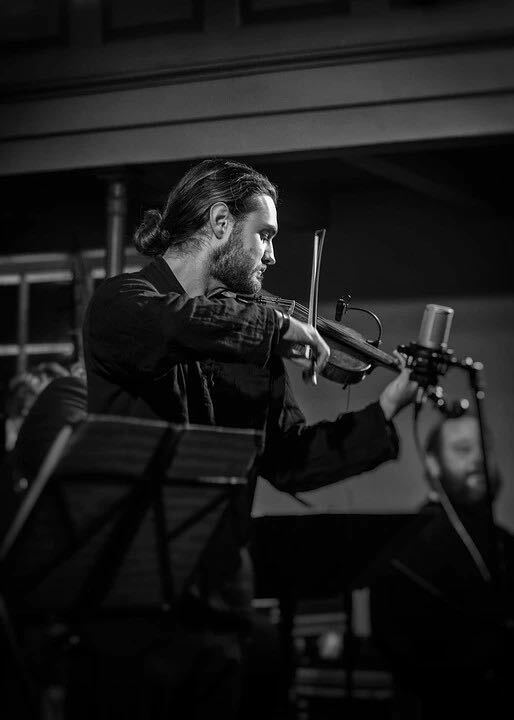英國皇家音樂學院聯合委員會(ABRSM),全名The Associated Board of the Royal Schools of Music,成立於公元1889年。
委員會成員包括英國四家音樂院校:
英國皇家音樂學院(Royal Academy of Music)、
皇家音樂學校(Royal College of Music)、
英國皇家北方音樂學院(Royal Northern College of Music) 和
蘇格蘭皇家音樂戲劇學院(Royal Scottish Academy of Music and Drama)
英皇考級的宗旨是:
推進樂器演奏與音樂教育發展,提高考生欣賞音樂水平,寓教於樂,促進教學質量,盡最大的能力滿足教師與學生在音樂學習的需求,促進考級改革與完善,不斷從實踐中總結和吸取經驗。
英皇每年都在全球各地舉行音樂等級考試,其頒發的等級證書以其高度的專業性和權威性受全球各國認可,堪稱音樂考級中的“勞斯萊斯“。
英皇考級科目設有鍵盤、弦樂、木管、銅管和打擊樂器,聲樂、應用音樂、器樂合奏、合唱以及樂理。
考試包括筆試、演奏、視唱練耳、視奏等多種形式。
演奏和樂理考試由易到難分為1-8級。
1-5級的題型有節奏與節拍、音程、鋼琴作品分析、移調、音階、四部合唱譜轉換、旋律寫作、終止式判斷。
6-8級的題型有四部和聲寫作、數字低音寫作、和弦外音寫作、巴洛克三重奏寫作、鋼琴樂段補充寫作、轉調旋律寫作、鋼琴作品分析、管弦樂總譜分析。
英皇考級的教材分為演奏考試部分、樂理考試、音階與琶音、視奏、聽力等五大部分。
下面是逆月音樂為大家整理的全套模擬試題
ABRSM Music Theory Grade1-5 英皇線上樂理考試模擬試卷
英皇線上樂理考試(Grade1-5)音樂術語和音樂符號測試題
詳細音樂術語知識點請關注逆月音樂往期Blog,快快查看收藏起來吧!!
Grade1-5 英皇樂理在線模擬考試練習
一些英國私校的音樂課,
音樂欣賞佔30%,樂器演奏佔30%,另外創作也佔30%。
這種藝術類的教育,讓孩子不僅僅能通過樂器來理解音樂,也要通過學習音樂歷史來了解音樂,懂得鑑賞音樂,最後還能通過創作來體會音樂之美,也是參考了英皇樂理的教育理念影響。
英皇考級六級以上證書可作為歐美多所學校的入學加分項,最高可達105分。
剛剛起步的初學者可參加簡單的預備測試作為級別考試的熱身,如果考生想繼續向專業級別邁進,通過8級演奏考試後可參加Dip ABRSM(初級文憑)、LRSM(高級文憑)、FRSM(院士文憑)考試。
英皇考級更注重對考生的演奏及音樂知識的全面培養和考察,
更強調在通過考級的同時,體會音樂帶來的愉悅。
不是因單純考級而彈琴,而是因享受音樂而彈琴。
因為英皇樂理涉及到一個非常好的進階過程,孩子在學到一定的樂理知識之後能夠很好地提升他們的演奏的技能。
當演奏技能提升到英皇5-6級時,他是需要孩子們學習一定的樂理知識來滿足之後的演奏和音樂相關素養的培養的。
*************************************************************************
English version
The Associated Board of the Royal Schools of Music (ABRSM), whose full name is The Associated Board of the Royal Schools of Music, was established in 1889.
Committee members include four music academies in the UK:
Royal Academy of Music,
Royal College of Music,
Royal Northern College of Music and
Royal Scottish Academy of Music and Drama
The purpose of the Emperor's Grading Examination is to:
Promote the development of musical instrument performance and music education, improve the level of music appreciation of candidates, entertain and teach, improve the quality of teaching, do our best to meet the needs of teachers and students in music learning, promote the reform and improvement of grading examinations, and constantly summarize and learn from practice experience.
Emperor holds music grade examinations all over the world every year, and the grade certificates issued by it are recognized by countries all over the world for their high professionalism and authority, which can be called the "Rolls Royce" in music grade examinations.
There are keyboard, string, woodwind, brass and percussion instruments, vocal music, applied music, instrumental ensemble, chorus and music theory.
The examination includes written examination, performance, solfeggio, sight-reading and other forms.
Performance and music theory exams are divided into grades 1-8 from easy to difficult.
Question types for grades 1-5 include rhythm and beat, interval, analysis of piano works, transposition, scale, four-part chorus conversion, melody writing, and cadence judgment.
The question types for grades 6-8 include four-part harmony writing, digital bass writing, overtone writing, Baroque trio writing, supplementary writing for piano passages, writing for melody modulation, analysis of piano works, and analysis of orchestral scores.
The textbooks of the Emperor's Grading Test are divided into five parts: performance test, music theory test, scale and arpeggio, sight-reading, and listening.
Music classes in some British private schools,
Music appreciation accounts for 30%, musical instrument performance accounts for 30%, and creation also accounts for 30%.
This kind of art education allows children not only to understand music through musical instruments, but also to understand music through learning music history, know how to appreciate music, and finally appreciate the beauty of music through creation. It also refers to the educational philosophy of Emperor Music Theory influences.
The certificate of CET-6 or above can be used as an extra point for admission to many schools in Europe and America, up to 105 points.
Beginners who are just starting out can take a simple preliminary test as a warm-up for the level test. If candidates want to continue to move towards the professional level, they can take the Dip ABRSM (Primary Diploma), LRSM (Advanced Diploma), FRSM (Academician) after passing the 8-level performance test. diploma) exam.
Emperor's grading test pays more attention to the comprehensive training and inspection of candidates' performance and music knowledge.
More emphasis is placed on passing the grade test while experiencing the joy brought by music.
Playing the piano is not just for grading, but for enjoying music.
Because Emperor Music Theory involves a very good progression process, children can improve their playing skills well after learning a certain amount of music theory knowledge.
When the performance skills are raised to the Emperor 5-6 level, he needs the children to learn a certain amount of music theory knowledge to satisfy the later performance and the cultivation of music-related literacy.
